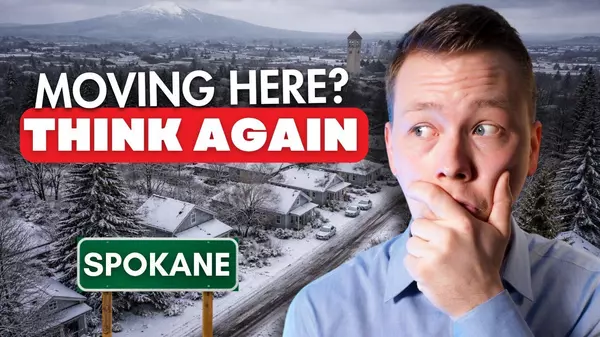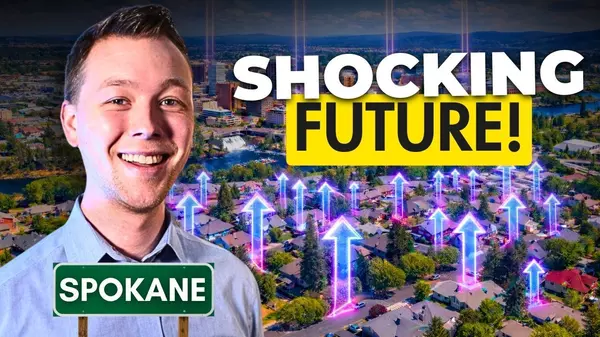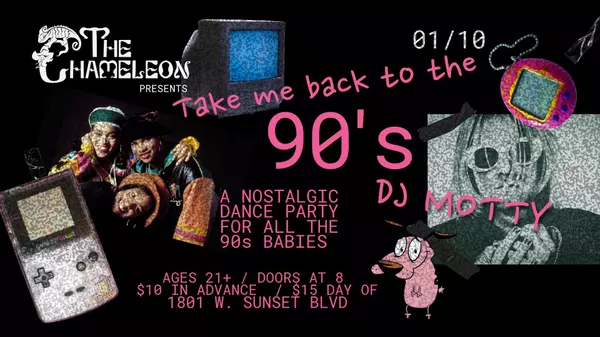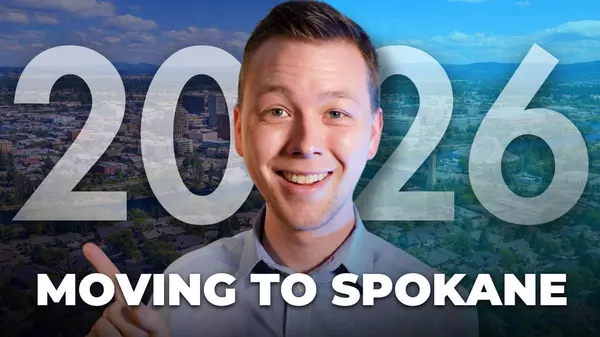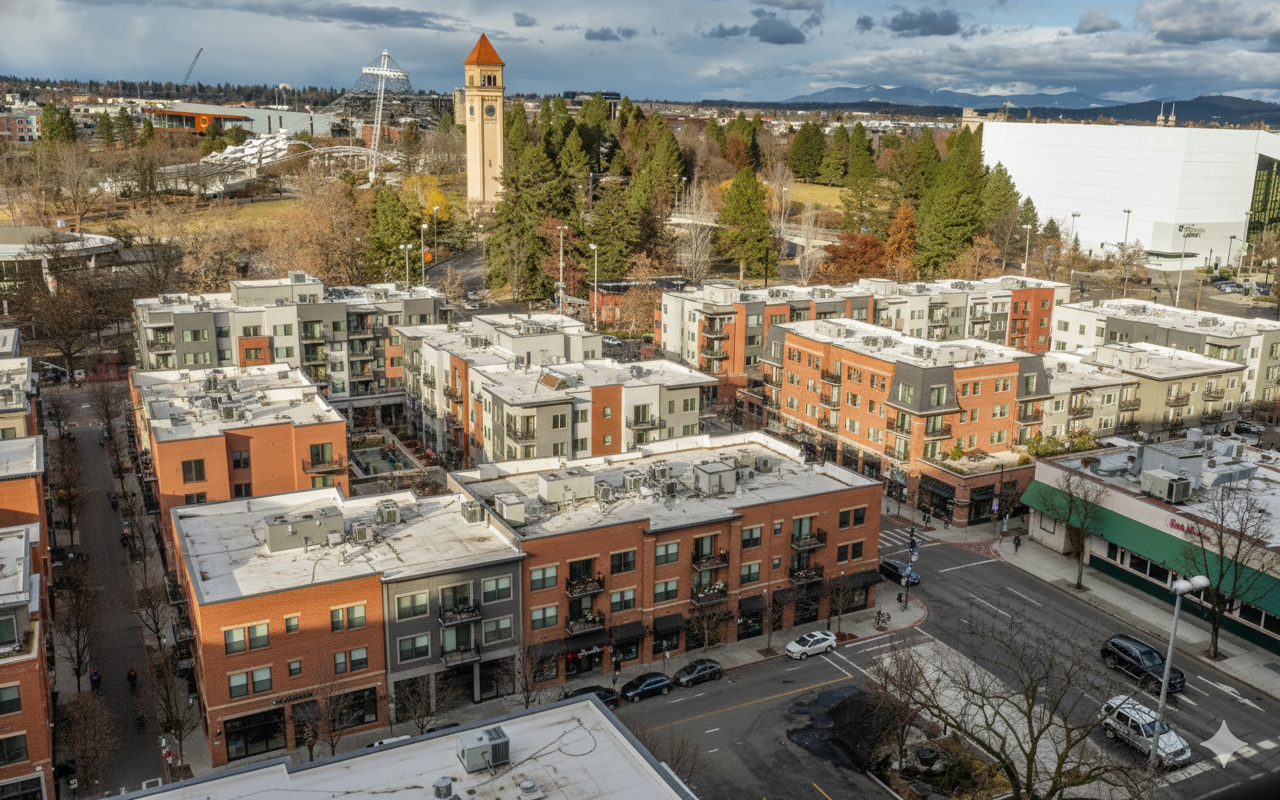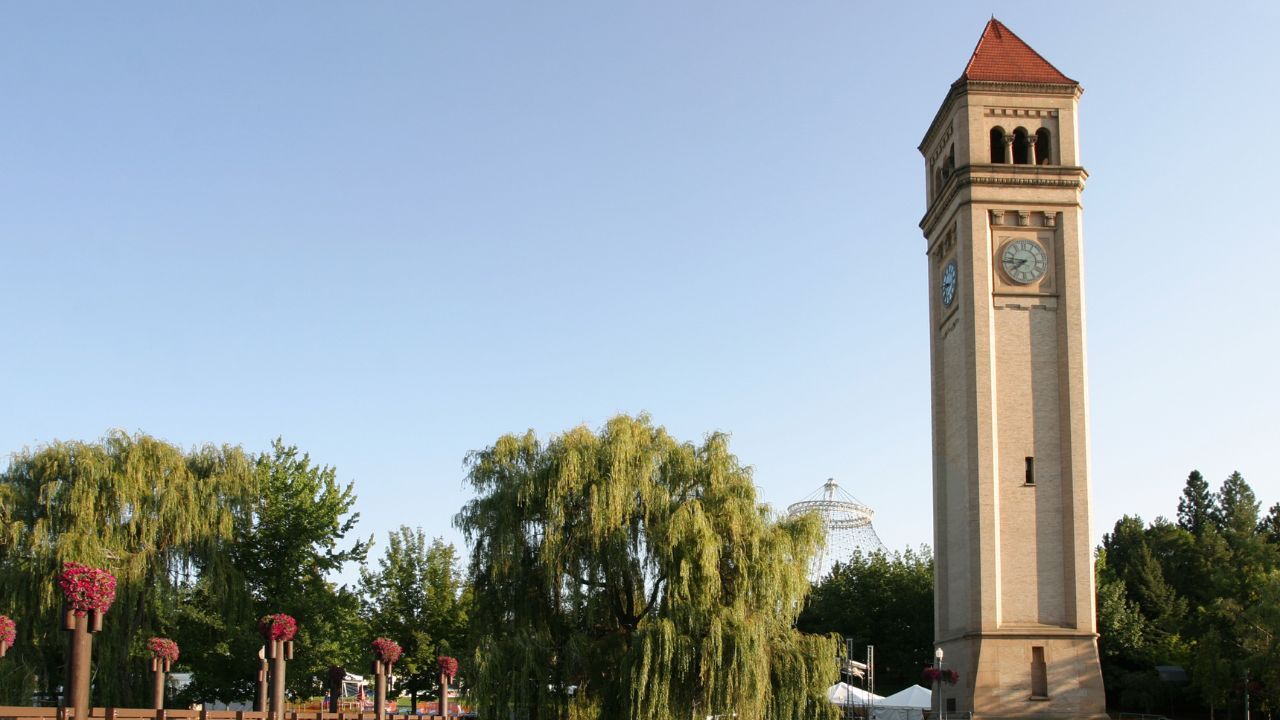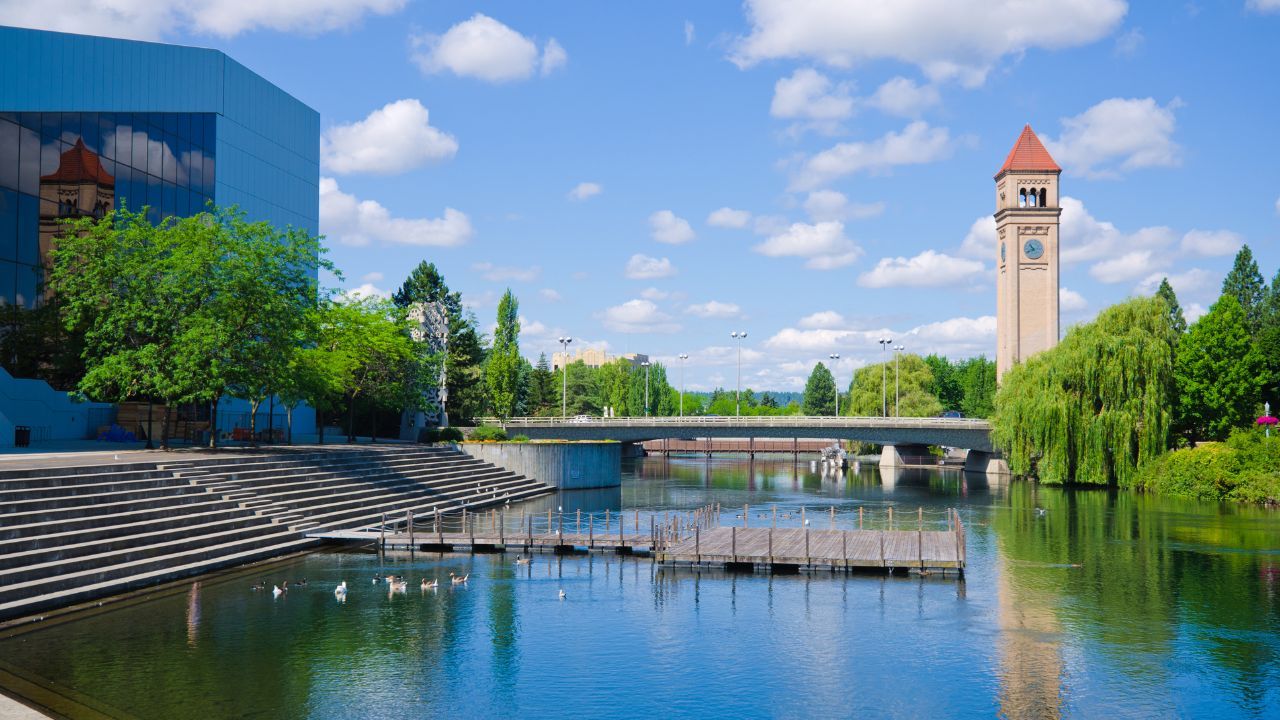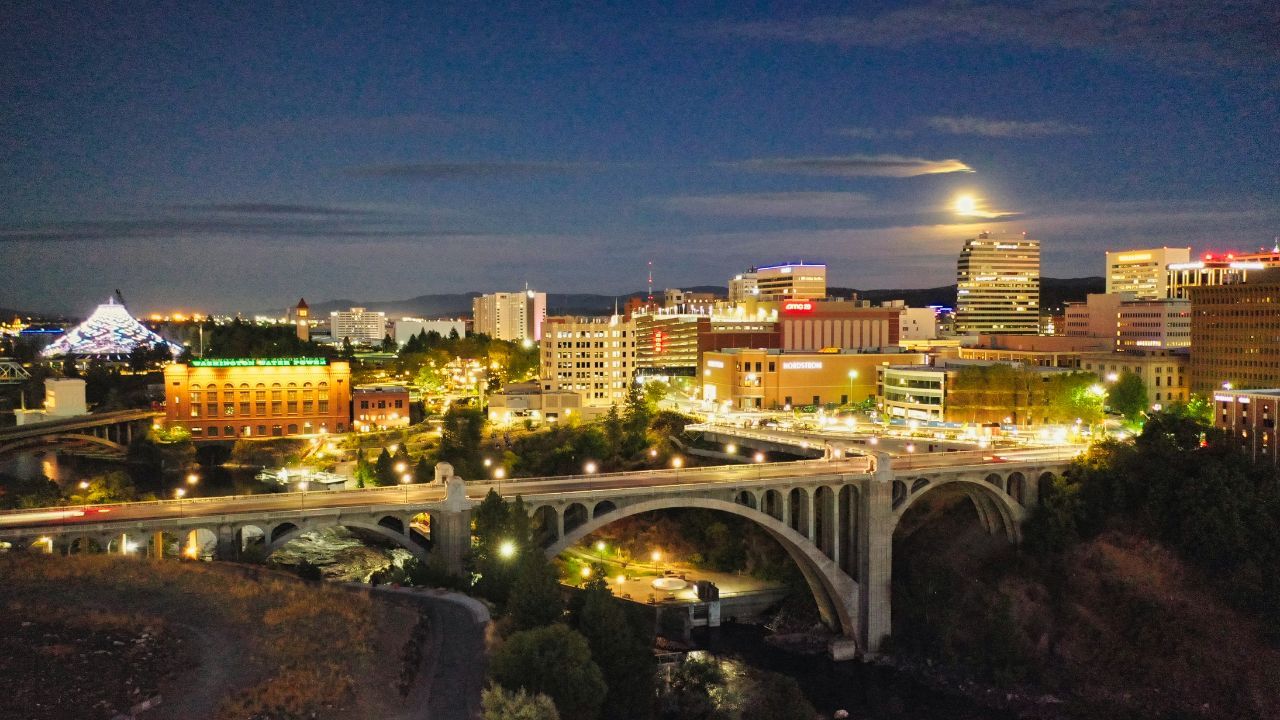Spokane’s Parking Tax Debate: Housing Solution or Economic Gamble?
A Plan That’s Stirring the Pot
Spokane’s City Council is proposing a bold move: a new 12% tax on commercial parking lots. Their goal? Transform underused surface lots into much-needed housing. City leaders say this is part of a long-term plan to revitalize downtown and ease the housing crisis—but not everyone’s convinced.
Downtown business owners are calling it economic suicide. Many feel blindsided by the proposal, which was quietly announced on a Friday and then presented to council just days later. A final vote is expected before the end of the month, leaving little time for discussion.
What the City is Actually Proposing
Here’s how it works. The tax targets surface parking lots, raising costs for owners and nudging them toward redevelopment. In contrast, owners who build housing on their lots could get major tax breaks—including full forgiveness if at least 50% of the units are affordable for a decade.
There’s also a caveat: underground or garage parking gets taxed at just 6%, incentivizing smarter land use. The city says it’s about shifting from asphalt to apartments—and using the extra revenue for transportation upgrades.
The Data Behind the Push
City officials cite a 2019 study showing 37,000 parking spaces downtown, 85% of which are off-street. Even during peak hours, usage ranges from 56% to 65%. On paper, that’s a lot of wasted space. But for many Spokane residents, finding parking still feels tough—highlighting a gap between data and lived experience.
The Carrot and the Stick
This new tax is the second half of a strategy. Last year, the city passed an ordinance deferring taxes for developers who convert parking lots into housing—especially if half the units are affordable. Now, they’re adding pressure on those who keep the lots as-is. It's a two-part message: “we’ll reward you for building—and penalize you if you don’t.”
The Pushback from Downtown Leaders
The response from the business community has been swift. Emily Cameron of the Downtown Spokane Partnership called the move “deeply concerning,” citing a lack of transparency and time for public input. Gordon Hester from Kemell and Haygood warned it could cost his firm $6,000 per year, while vacancy rates already sit at 32%.
Wider concerns focus on safety, foot traffic, and long-term trust in city leadership. Many fear the new tax could accelerate the exodus of businesses and shoppers to places like Spokane Valley or North Spokane, where parking is free and plentiful.
The Problem of Timing
While the city hopes this will jumpstart housing construction, developers say the math doesn’t work—especially with the requirement that 50% of units be affordable. Without more incentives or subsidies, the projects just aren’t financially viable right now.
So while taxes will go up in the short term, new housing may take years to appear. That’s a risky gap to navigate, especially in an already fragile downtown economy.
A Question of Trust
Beyond economics, this debate is really about trust. A recent GSI survey found 72% of voters don’t believe the city uses tax money responsibly. Only 62% say they feel safe downtown—and that drops to just 25% after dark. You can’t rebuild downtown if people aren’t comfortable being there.
Anecdotally, families visiting Spokane have turned away after bad downtown experiences. That’s not just lost residents—it’s lost revenue, lost vibrancy, and lost momentum.
What the City Says in Response
Transportation Director John Snyder argues this tax addresses both housing and infrastructure needs. Supporters like urban advocate Eric Low see surface lots as wasted potential—empty spaces generating passive income for out-of-town owners while locals struggle to find homes.
Mayor Lisa Brown’s administration believes this is a long-overdue correction. Turning parking lots into housing could eventually bring in more property tax revenue, more people, and a more vibrant downtown.
But Is Downtown Ready?
That’s the big question. Sales tax growth is flat. Business margins are tight. Public safety remains a concern. And residents are still waiting to see visible changes from past promises.
If the tax passes, expect parking costs to rise—especially in private lots and garages. The money will go toward transportation, not general funding. And housing development may be slow unless the city adjusts the affordability requirements.
What Needs to Happen Next
If this plan is going to work, the city must deliver on two fronts:
-
Visible Results – People need to see where their money is going. Better roads, cleaner streets, improved transit—it has to show up fast.
-
Real Housing Progress – Incentives need to be strong enough to spark actual development, not just hope for it.
Because if people just see higher parking costs and no follow-through, frustration with city leadership will only deepen.
Final Thoughts
This proposal is about more than parking. It’s about shaping the future of downtown Spokane. Will it become a vibrant, housing-rich district—or will rising costs and poor execution push more people away?
The next few months will be telling. If the city communicates clearly, invests visibly, and adapts when needed, this could be a pivotal moment for Spokane. If not, downtown risks losing more of the energy it’s desperately trying to recapture.
Categories
- All Blogs (918)
- Airway Heights (5)
- Audubon/Downriver (4)
- Balboa/South Indian Trail (5)
- Bemiss (3)
- Browne's Addition (3)
- Buying Your Home in Spokane (208)
- Cheney (3)
- Chief Garry Park (3)
- Cliff-Cannon (3)
- Colbert (1)
- Comstock (4)
- Cost of Living in Spokane (1)
- Dishman (3)
- Downtown Spokane (1)
- Driving Tours (1)
- East Central (3)
- Emerson/Garfield (3)
- Five Mile Prairie (5)
- Grandview/Thorpe (3)
- Greenacres (3)
- Hillyard (3)
- Home Improvement (8)
- Home Prices (5)
- Housing Inventory (6)
- Housing Market (133)
- Housing Market Update (3)
- Instagram Videos (2)
- Interest Rates (24)
- Job Market in Spokane (3)
- Know Spokane (613)
- Latah Valley (5)
- Liberty Lake (8)
- Lincoln Heights (4)
- Living in Spokane (2)
- Logan (3)
- Manito-Cannon Hill (3)
- Medical Lake (4)
- Minnehaha (3)
- Moran Prairie (3)
- Mortgage (26)
- Moving out of Spokane (3)
- Moving to Spokane (144)
- Nevada/Lidgerwood (3)
- New Construction Homes in Spokane (1)
- New Construction Opportunities (3)
- North Hill (3)
- North Indian Trail (4)
- Northwest (3)
- Opportunity (3)
- Peaceful Valley (3)
- Relocating to Spokane (1)
- Riverside (3)
- Rockwood (4)
- Selling Your Spokane Home (164)
- Shiloh Hills (3)
- Southgate (3)
- Spokane Events (451)
- Spokane Neighborhoods (51)
- Spokane Restaurants/Food Places (24)
- Spokane Schools (12)
- Spokane Valley (14)
- Suncrest (1)
- Things to Do in Spokane (464)
- Veradale (3)
- West Central (3)
- West Hills (3)
- Whitman (3)
- Youtube Videos (49)
Recent Posts
